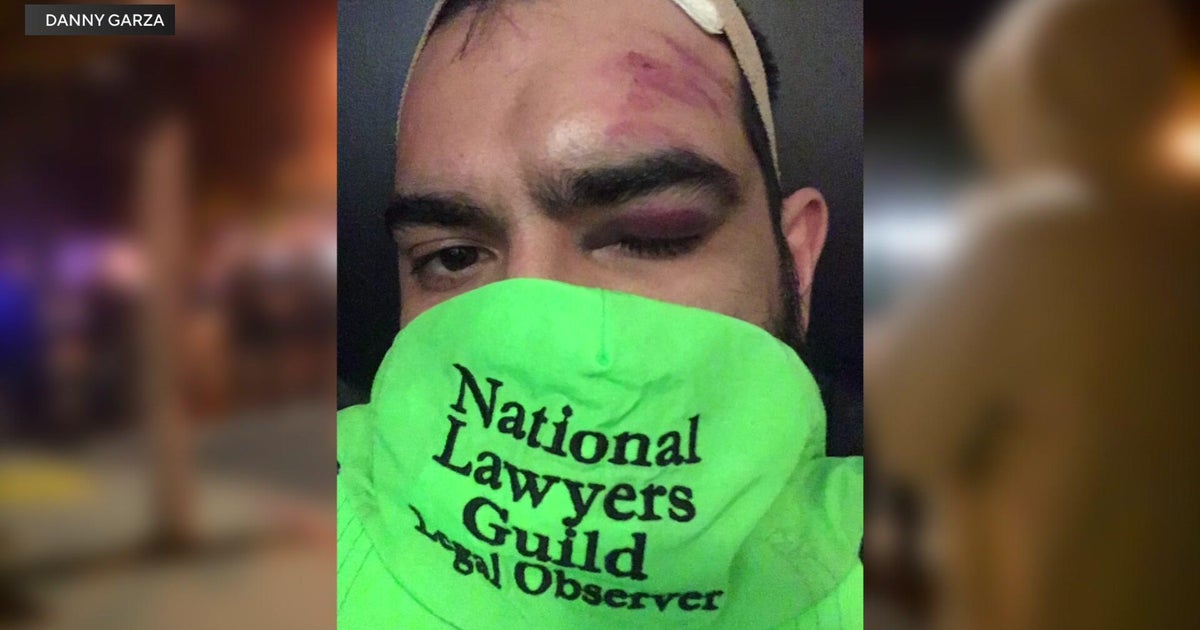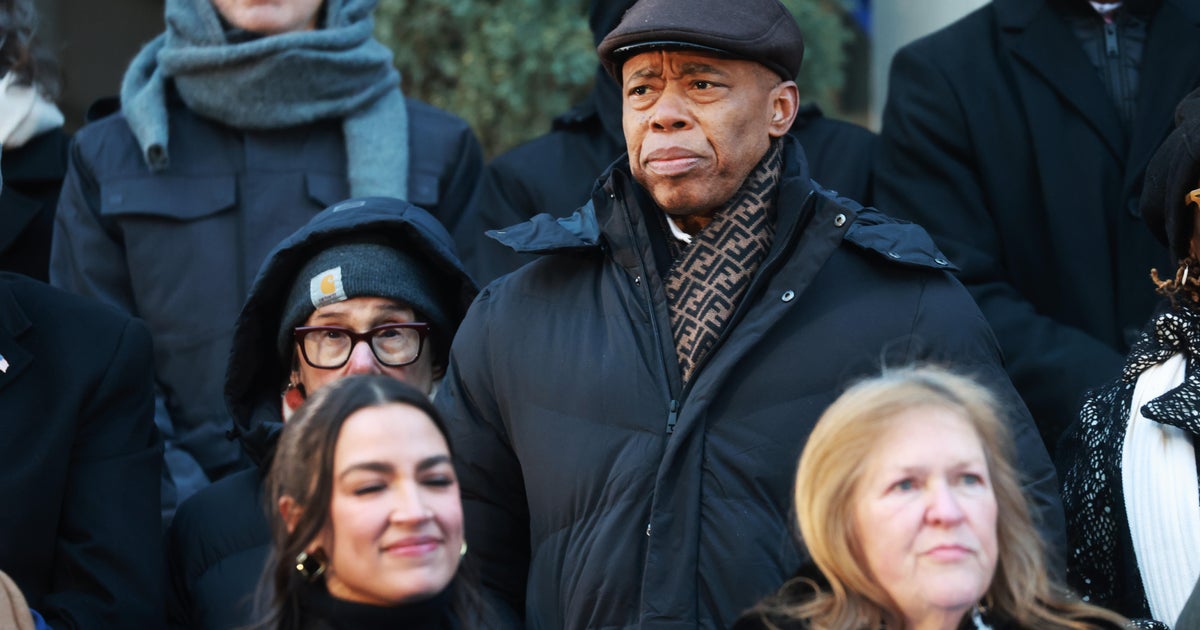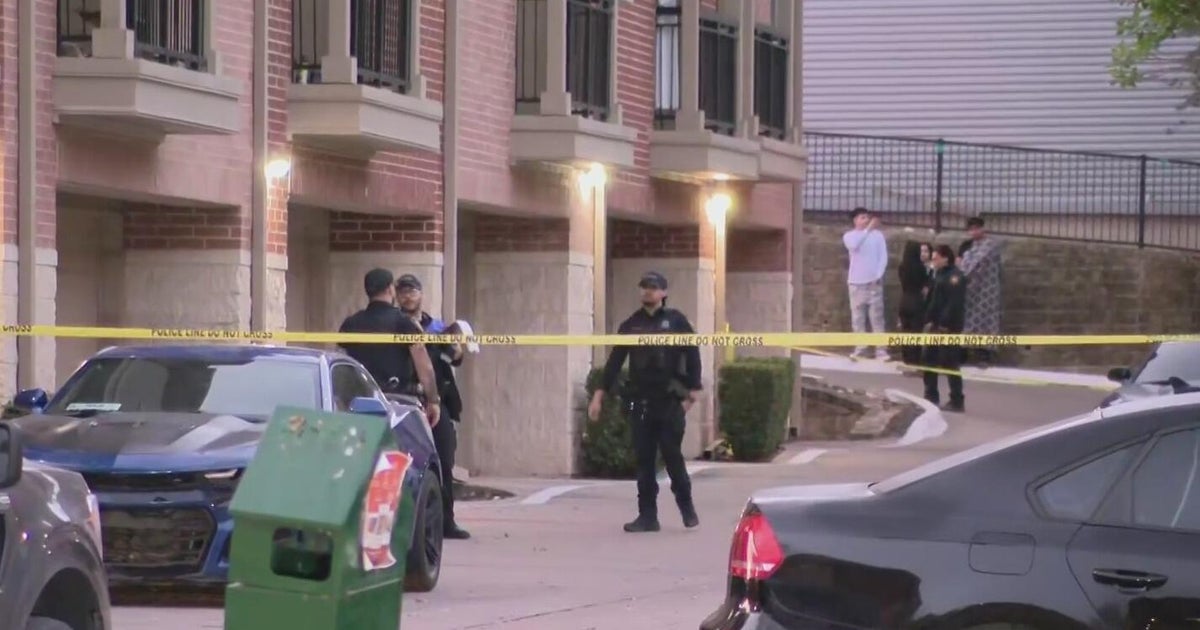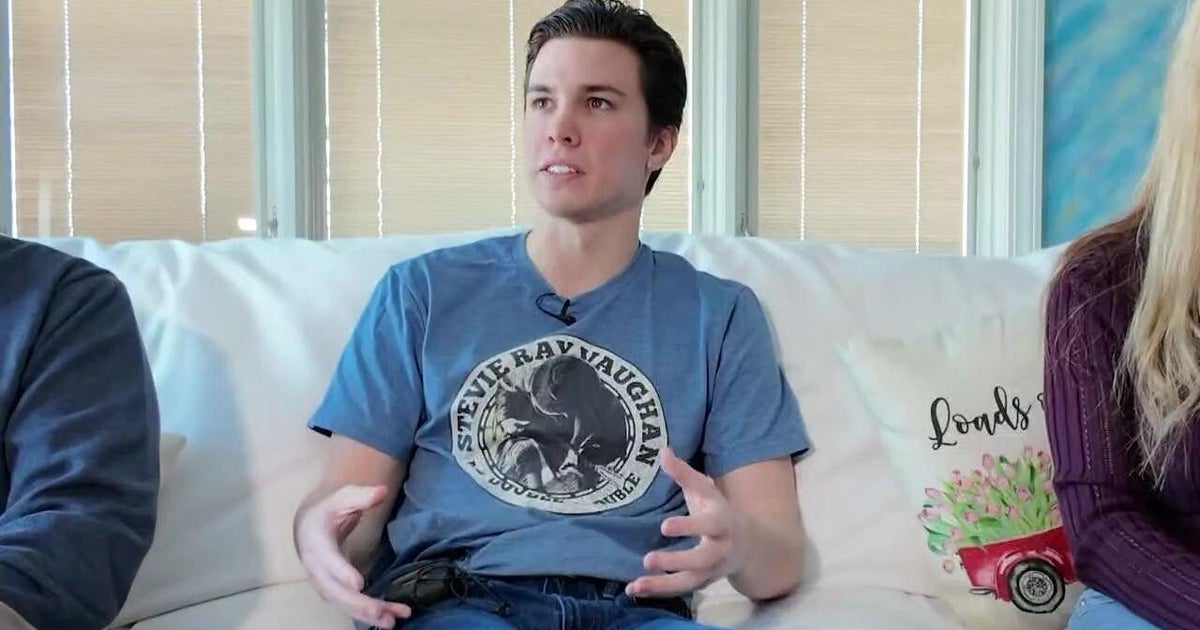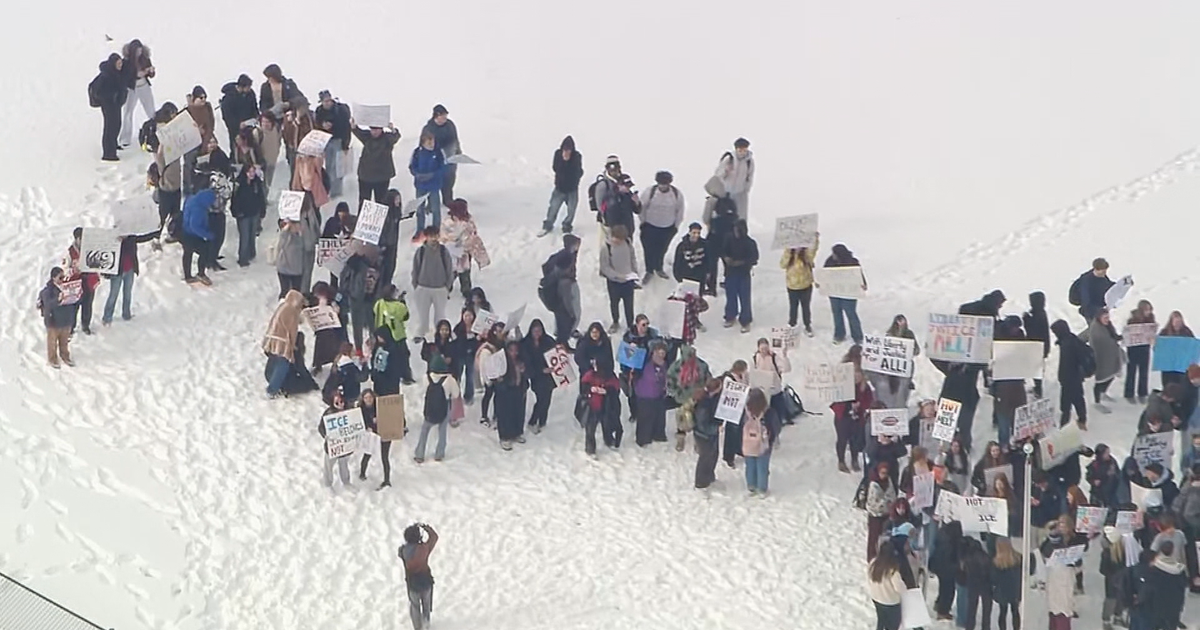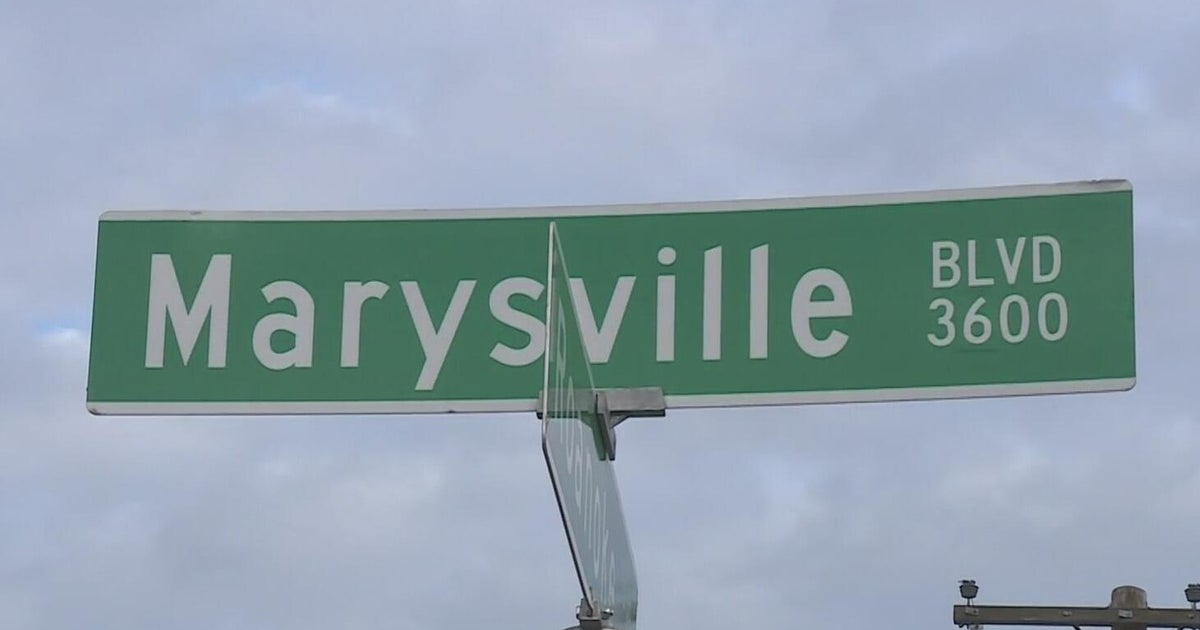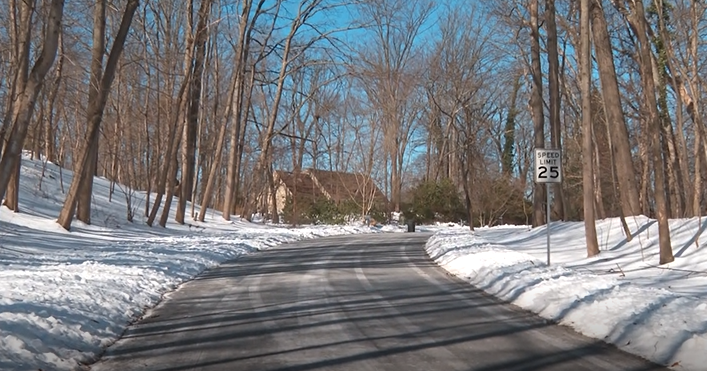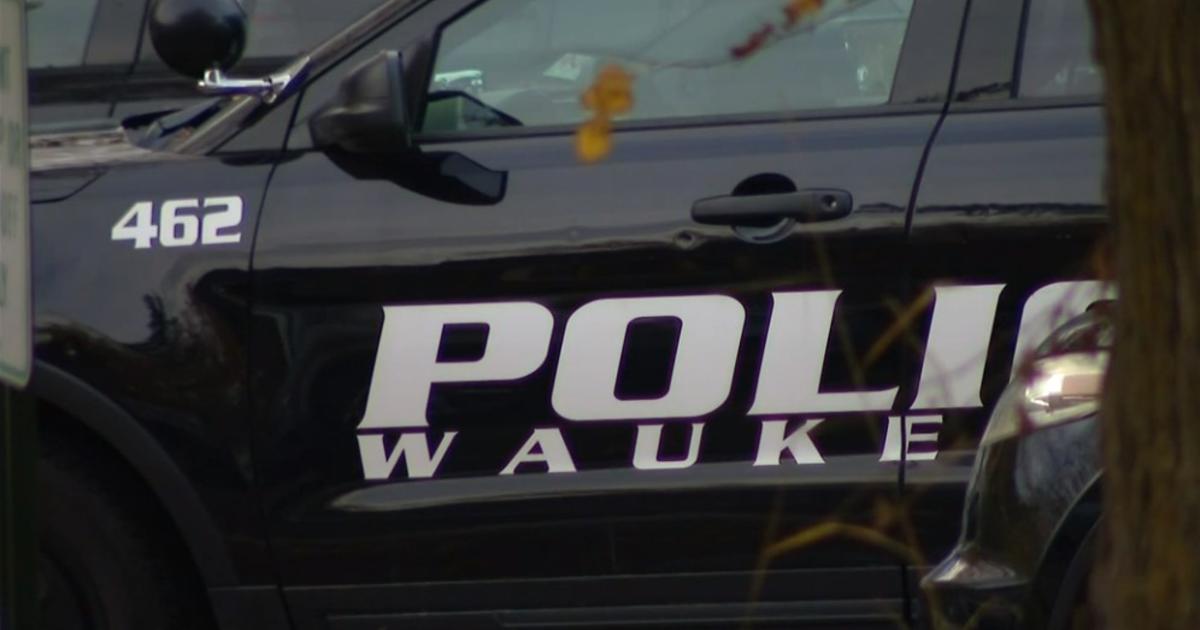Mayor Eric Adams defends NYPD's decision to spend nearly $400 million on new encrypted radio system
NEW YORK -- Mayor Eric Adams is defending the NYPD's decision to spend $390 million on a new radio system that will encrypt officers' radio communications, meaning the public won't be able to listen in in real time.
From the George Floyd protests to the killing of Eric Garner, journalists and the public have long listened to police radio communications to learn what's going on across the city. That's one reason groups like the New York Civil Liberties Union are opposed to the NYPD's plans to encrypt its radio channels.
"The press is not the concern," Adams said.
The mayor, on the other hand, defended the move at a news conference Tuesday.
"Bad guys are listening to these channels. They know when we're responding. They know where we are. So we're gonna find the right balance to make sure that people are allowed to stay on top of the actions of the police department, but we can't give a leg up to these bad guys," Adams said.
He made the comments one day after a council hearing where the NYPD explained why some Brooklyn precincts are already encrypted, and all will be by the end of next year.
Other departments in the Tri-State Area and beyond have also made the move -- from Las Vegas Police to Knoxville, Tennessee.
"The Nassau Police Department's doing it. Some jurisdictions upstate are doing it as well," Sen. Michael Gianaris said.
Gianaris has drafted legislation to keep real-time access for credentialed media and volunteer ambulance services, and the public would still be able to listen in, but on a 10-minute delay if he gets his way.
"There are ways to deal with the concern without blocking off the press from knowing what the police are doing. That's a very dangerous territory, and we shouldn't allow it," Gianaris said.
He added, "There are ways to deal with the concern without blocking off the press from knowing what the police are doing. That's a very dangerous territory and we shouldn't allow it."
"I would say any legislation that they come up with, it needs to have teeth," said Justin Sasso, with the Colorado Broadcasters Association.
Sasso and the Colorado Broadcasters Association fought for a state law that now requires departments work with the media to provide access to police communications, but Sasso says many departments still don't provide that access.
"It's kind of a game of hot potato in Colorado, and I think that leans back towards the legislation really didn't have any kind of penalty for not working with the media," Sasso said.
At that council hearing, the NYPD explained that their analog system is outdated and needs an upgrade, but the debate stems from the decision to encrypt with that upgrade, as NYPD radio communications have been public for decades.

